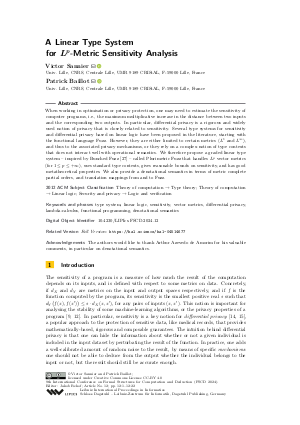LIPIcs.FSCD.2024.12.pdf
- Filesize: 0.9 MB
- 22 pages

 Creative Commons Attribution 4.0 International license
Creative Commons Attribution 4.0 International license





Feedback for Dagstuhl Publishing